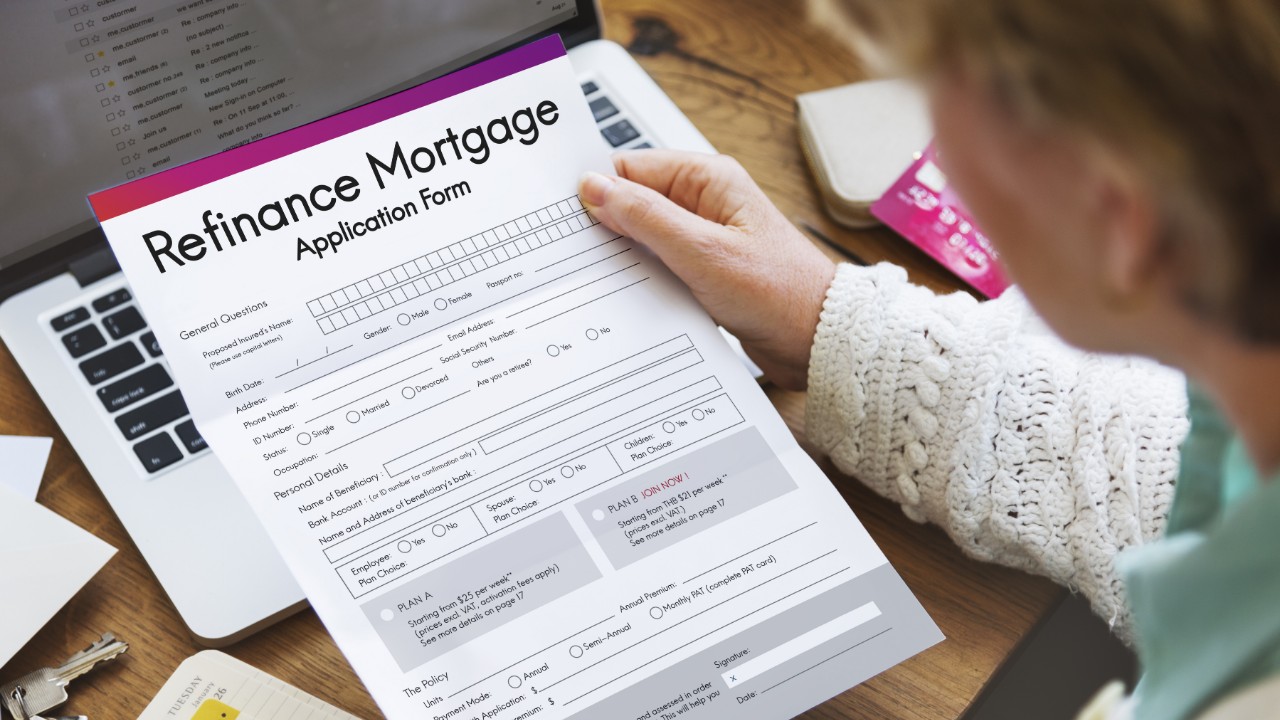American homeowners have been urged to move on their refinance mortgage plans after mortgage rates ticked higher following better-than-expected news about the job market.
Last week’s surprise announcement that America’s unemployment rate dropped in May saw stock markets rally and bond yields jump, leading to the best refinance mortgage companies edging the cost of mortgage borrowing higher too.
According to Freddie Mac, the cost of a 30-year fixed-rate mortgage averaged 3.18% for the week ending June 4, up from 3.15% the week before, while the reductions that had been seen among 15-year fixed-rate mortgages ground to a halt, with the average of 2.62% unchanged on a week earlier.
Have mortgage borrowers missed the boat?
For those hoping to take advantage of what had been record-low mortgage rates, mortgage experts say there is little reason to panic. Despite last week’s rise, the 30-year fixed rate remains significantly lower than the average of 3.82% recorded a year ago, as do 15-year rates, which averaged 3.28% in June last year.
However, what the uptick in mortgage rates does suggest is that the need to act might just have gotten more urgent, particularly as no-one knows what lays in wait around the corner.
“Things are quickly getting interesting for mortgage rates, and by 'interesting,' I mean potentially alarming,” said Matthew Graham, COO of Mortgage News Daily. “Everything's relative though, so it should be said right up front that the average mortgage rate is still only a hop and a skip from all-time lows. But the recent past and present are old news when it comes to discussing rates and financial markets. We want to know what the future holds.”
Will mortgage rates continue to rise?
Cast-iron predictions over the future path of anything finance related are nigh on impossible, but appreciating what will normally influence a given rate or outcome can make for better-informed guesses.
In the case of mortgage rates, last week’s rise was the result of investors reacting positively to the shock news that the U.S. economy had added 2.5 million jobs in May, in stark rebuttal of understandably gloomy forecasts that had been anticipating an 8 million drop. Stoking optimism of a faster economic recovery than had been assumed, investors redirected their funds into stocks and away from bonds, causing bond prices to sink and their yields to rise. Mortgage rates moved higher too, because they usually follow the path of Treasury bond yields.

“If the economic data continues to be much stronger than expected, there's a very real chance that all-time low rates are behind us for now,” says Matthew Graham. “But do keep in mind that such comments are only ever as good as the data we currently have available. Even if things don't change, there are a few things to remember.
"First off, mortgage rates are still very close to all-time lows in the bigger picture. So there's still time to take advantage of this historic opportunity if you haven't already. Mortgage rates have largely lagged the extreme moves seen in the US Treasury market for reasons unique to the coronavirus response. This means they have a bit of a cushion to absorb some of the current upward pressure. While that won't prevent them from moving higher, it can make the move less intense than it otherwise would be.”
What should mortgage borrowers do?
Find out which refinance mortgage companies we rate the most and why
Homeowners who have so far held off on refinancing or those considering buying a home might be best advised to take a look at the best mortgage lenders soon. Only last week, it was revealed how savings of up to $52,000 could be made over the course of a 30-year mortgage by using the best refinance mortgage companies to find the cheapest mortgage deals.
Although there is no way of knowing if rates will start falling again, the risk that they will rise further is always there. Federal regulators also recently relaxed restrictions that had been placed on those in forbearance but who were looking to refinance their mortgage or buy a new home.
“Rates are ticking higher and may continue to do so until some of the reality of the economic damage from the pandemic hits the stock market - but this may never happen,” says Gus Floropoulos, VP, The Federal Savings Bank. “Locking in as soon as you have a clear visible closing date is prudent. Historic low rates eventually have to move higher, even if they find their way to new historic lows again over time.”

